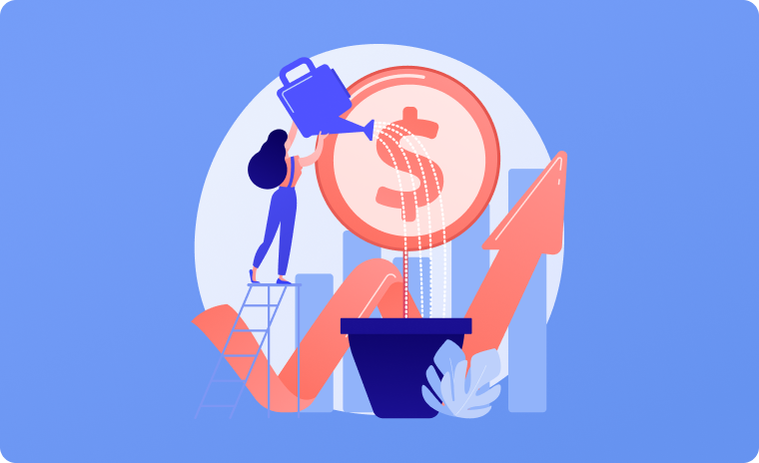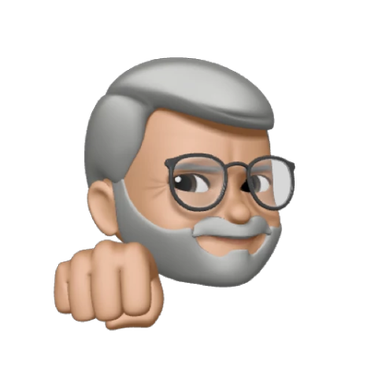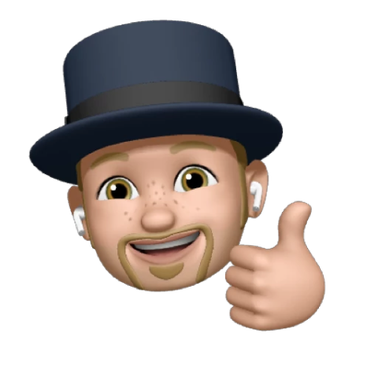Sage Advice from Angel Investors to Founders
Fundraising is one of the most challenging endeavors a founder can engage in. Meeting wealthy strangers and trying to impress them with a pitch deck so they will willingly part with hundreds of thousands or millions of dollars is a tall order. So many things can go wrong, and the chances are that the founder will leave a meeting empty-handed.
As a founder, it may be your first time talking to an angel investor, but that probably isn't the case for your incumbents. Talking to thousands of founders every year and trying to spot the best deals, angel investors have developed rules of thumb to screen projects. The product you are building, the kind of founder you are, and how you execute all tell investors something about you.
Product—Half-baked solutions for real problems
For most angel investors, real problems take precedence over big ideas. If nothing else, products based on real problems are easier to pitch. Such products also tend to gain traction more quickly. You don't have to educate people about their benefits because the need is already there.
Pejman Nozad, who was named one of the most successful angel investors by Forbes in 2012, likes to see a personal history between a founder and the problem she is trying to solve. Nozad argues that a genuine connection like that can produce a compelling product. His insight ties in well with comments from Elad Gil, who found success in investing in companies like Airbnb, Stripe, and Coinbase. For Gil, the fact that the founder is using her own product and that people are paying to use it are good indicators of future success.
Kevin Hale, previously of Wufoo fame, goes one step further and defines the characteristics of the problem in detail. Your product has the potential to be great if it is based on a problem that is urgent and expensive to solve. If the problem is happening frequently, it gives you a better chance to convert. If the problem results from regulatory and legislative changes, all the better for a startup because that forces people to make mandatory adjustments. The demand will be less flexible in this case, improving the startup’s odds of success. These characteristics combine to create such a pressing need and make people so desperate that they can settle for what Michael Seibel calls "half-baked ideas."
Founder–A drive to excel and expertise to match it
Angel investing is, in a sense, a challenge to find the right people to invest in. A great founder is someone who can build the right kind of team to build the right products for the right market segment. Great angel investors recognize that investing in good founders is more important than investing in bright ideas.
The startup literature puts so much emphasis on the product-market fit that founders have become obsessed with the term. But a similar concept, founder-market fit, has lacked the same level of attention. Angel investors find it important that a founder has prior experience in an industry related to the one he plans to disrupt. If that's not the case, he should at least demonstrate a satisfactory level of subject-matter expertise on the problem he is trying to solve.
Most founders lack the financial data to convince investors to back their projects. That's why investors like Dalton Caldwell of Y Combinator look for technical excellence in a new applicant. All of a sudden, the applicant's work experience and subject-matter expertise become the most significant indicators of the product's future success.
In addition to a resume rich with proofs of related work experience, there are other signs of a strong founder-market fit that angel investors would like to see in a founder. One is an obsession with the problem at hand and doing whatever it takes (hiring the best team, studying new approaches to the problem) to solve it. Another is the determination in the face of setbacks and inspiring the team to soldier on. Being a fast learner and a good salesman capable of telling a good story about the mission are other qualities that raise a founder's profile in the eyes of an investor.
Execution—"You cannot build a big company by procrastinating"
Startups are built to grow fast. "If they are not growing fast, they are just small businesses," says Kevin Hale. Angel investors appreciate startups that act fast and with urgency. Complacency after a raised round or failure to take action to course-correct when things are not going well does not help instill confidence in them. The investment guru Ron Conway thinks it is better to take action and make mistakes than sit on your hands doing nothing:
"You cannot build a big company by procrastinating. You gotta make decisions–even if that means making a mistake–and move the ship forward."
What can you do as a founder to earn angel investors' trust? Prove that your team learns fast, engage in serious research whenever you determine some knowledge deficit, and keep testing hypotheses and building. Be restless. Leave no stones unturned until you achieve perfection.
Final thoughts
Fundraising will always remain more of an art than a science. It is a process whereby everything about a founder, his background, idea, and team should come together to dazzle the people ready to write a hefty cheque. The advice angel investors give founders is as close to a blueprint for success as it gets. Founders would be well-advised to heed it.




 Please
fill out this field
Please
fill out this field









